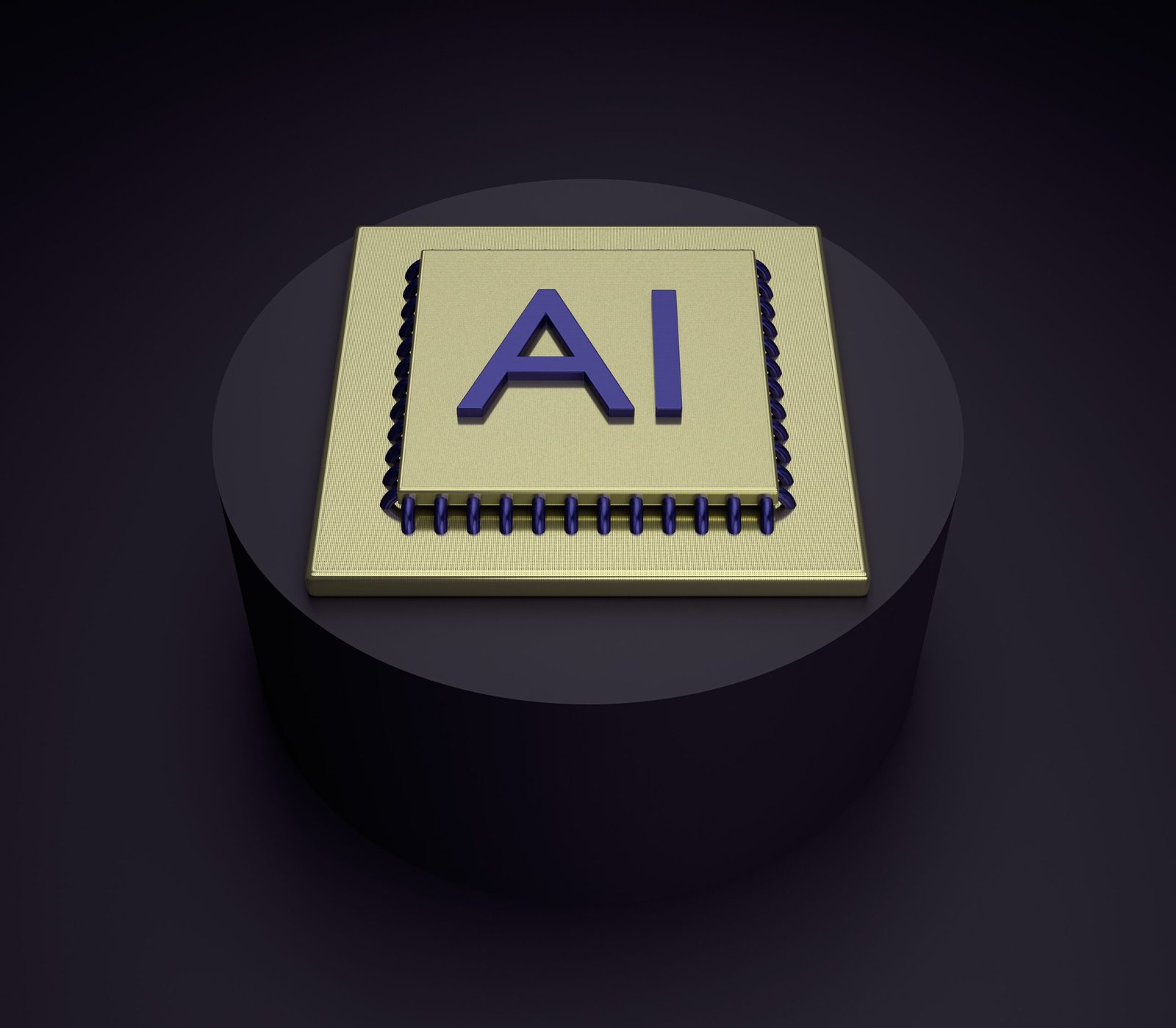
Artificial Intelligence (AI) has been making significant advancements in recent years, leading to concerns about its potential impact on the job market. Many people wonder if AI will replace human jobs in the future, and what implications this may have for society.
While it is true that AI has the potential to automate certain tasks and roles, it is unlikely to completely replace human jobs. Instead, AI is more likely to augment and enhance human capabilities, leading to a shift in the types of jobs available.
One of the reasons why AI is unlikely to replace human jobs is because it lacks certain qualities that are essential for many roles. For example, AI may be able to perform repetitive tasks with great efficiency, but it may struggle with tasks that require creativity, empathy, and critical thinking.
Additionally, AI is limited by the data it is trained on. If the data is biased or incomplete, it can lead to biased or flawed decision-making. Human judgment and intuition are still valuable in many contexts, particularly when it comes to complex decision-making or situations that require ethical considerations.
Furthermore, AI technology requires human oversight and maintenance. It needs to be programmed, monitored, and updated by humans to ensure its optimal performance. This creates new job opportunities in fields like AI programming, data analysis, and machine learning.
While AI may automate certain tasks, it also has the potential to create new jobs and industries. As AI technology advances, new roles and opportunities will emerge. For example, AI can be used to improve healthcare outcomes, enhance customer service experiences, and drive innovation in various sectors.
It is important to note that the impact of AI on the job market will vary across industries and sectors. Some industries, such as manufacturing and transportation, may experience more significant changes due to automation. However, other industries, such as healthcare and creative fields, may see the emergence of new roles that require human skills and expertise.
Instead of fearing the replacement of human jobs, it is more productive to focus on how AI can be leveraged to create a better future. By embracing AI technology and investing in the necessary skills and education, individuals and societies can adapt to the changing job market and take advantage of the opportunities presented by AI.
In conclusion, while AI has the potential to automate certain tasks and roles, it is unlikely to completely replace human jobs. AI is more likely to augment human capabilities and create new job opportunities. By embracing AI and investing in the necessary skills, individuals and societies can navigate the changing job market and harness the potential of AI for a better future.
